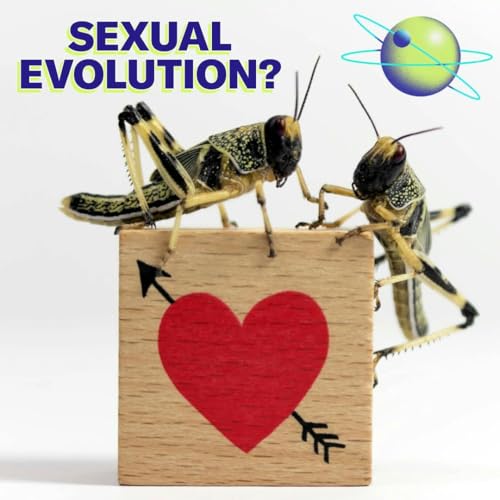Biologist Nathan Lents joins Science Quickly to explore the vast sexual diversity found across the animal kingdom. His new book, The Sexual Evolution: How 500 Million Years of Sex, Gender, and Mating Shape Modern Relationships, challenges the binary framework that has long shaped biological research, arguing for a more accurate and inclusive view of sex and gender. From alternative reproductive strategies to overlapping traits, this episode reveals how nature defies neat categories—and why science should, too. Recommended Reading Here’s Why Human Sex Is Not Binary This Backyard Bird Has a Lot to Teach Us about Sex Variability The Sexual Evolution: How 500 Million Years of Sex, Gender, and Mating Shape Modern Relationships, by Nathan Lents. Mariner Books, 2025 Join the #SciAmInTheWild photography challenge for a chance to win a one-year Unlimited subscription to Scientific American—plus an exclusive bundle of gadgets and gear to level up your next adventure. See the rules for entry here. E-mail us at sciencequickly@sciam.com if you have any questions, comments or ideas for stories we should cover! Discover something new everyday: subscribe to Scientific American and sign up for Today in Science, our daily newsletter. Science Quickly is produced by Rachel Feltman, Fonda Mwangi, Kelso Harper and Jeff DelViscio. This episode was edited by Alex Sugiura. Shayna Posses and Aaron Shattuck fact-check this show. The theme music was composed by Dominic Smith. Learn more about your ad choices. Visit megaphone.fm/adchoices
続きを読む
一部表示
 10 分
10 分 2025/09/0514 分
2025/09/0514 分 2025/09/0313 分
2025/09/0313 分 23 分
23 分 2025/08/2718 分
2025/08/2718 分 2025/08/258 分
2025/08/258 分 2025/08/2220 分
2025/08/2220 分 2025/08/2015 分
2025/08/2015 分
